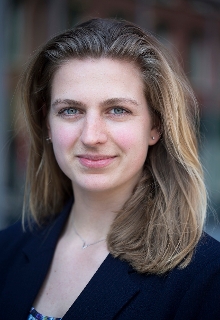Universiteit Van Amsterdam, Netherlands
Collaboration for sustainability: Making sense of smart city projects
Abstract
To address complex urban issues, collaboration between organisations is needed. Therefore, ‘smart city projects’ are largely subsidized, in which multiple stakeholders experiment with technological innovations in cities. Yet, many collaboration initiatives are unable to achieve the intended impact, as the initiatives fail to continue after the subsidized project ends. Using a longitudinal in-depth case study on a multi-stakeholder innovation project, the study explores how partners in smart city projects develop an (shared) understanding on how to address an urban issue and its relevance for the outcome of the project. The case reveals how actors make sense of the innovation’s effectiveness while being embedded in a strict project management context. Preliminary findings indicate that completing an innovation project successfully does not necessarily mean that the innovation is an effective solution. This implies that smart city projects benefit from a structure that provides room for failure and adjustments of the project goal.
Biography
As a citizen of the city of Amsterdam, I observe the practice of urban challenges daily. With my research project, I aim to contribute to a sustainable and liveable city. Fascinated by thought processes of individuals and multi-stakeholder innovation, I focus on collaboration in smart city project teams. In 2019, I obtained two Master’s degrees in Psychology and Business Administration. Thereafter, I started as an external PhD student at the University of Amsterdam Business School (ABS) combined with a position as lecturer at the Amsterdam University of Applied Sciences (AUAS). The combination of doing academic research and work in a research environment where practical relevance is central, helps me to connect research and practice. Working on a relevant topic and contribute to society is my main driver to do this doctorate research.
Chantal van den Ouweland

